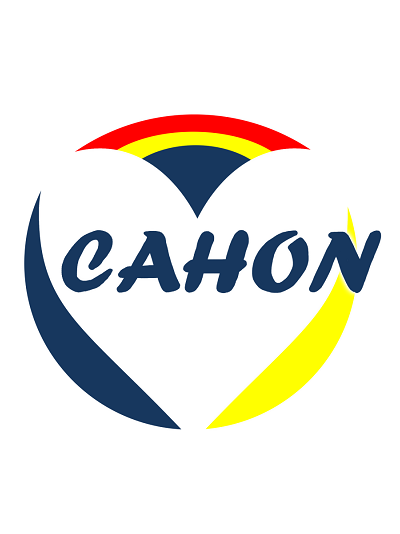体内基因编辑和原位生成嵌合抗原受体细胞,用于下一代癌症免疫疗法
IF 29.5
1区 医学
Q1 HEMATOLOGY
引用次数: 0
摘要
嵌合抗原受体(CAR)细胞疗法在治疗血液恶性肿瘤方面取得了突破性的成功。然而,由于制造工艺复杂、体内持久性有限以及治疗效果短暂,将其应用于实体瘤仍具有挑战性。通过装载 CAR 基因的基因递送系统和基因编辑工具诱导的体内 CAR 免疫细胞已显示出抗肿瘤免疫疗法的高效性。自体免疫细胞的原位编程避免了异体免疫细胞的安全性问题,基因递送系统的制造也可以标准化。因此,体内编辑和原位生成 CAR 免疫细胞有可能克服目前 CAR 细胞疗法的上述局限性。本综述主要关注抗肿瘤免疫疗法中应用的CAR结构、基因编辑工具和基因递送技术,以帮助设计和开发原位CAR免疫细胞疗法。此外,还探讨了体内 CAR 免疫细胞疗法在血液恶性肿瘤和实体瘤中的最新应用。总之,体内编辑和原位生成 CAR 疗法有望为下一代抗肿瘤免疫疗法提供一种实用、经济、高效、安全和广泛适用的方法。本文章由计算机程序翻译,如有差异,请以英文原文为准。
In vivo gene editing and in situ generation of chimeric antigen receptor cells for next-generation cancer immunotherapy
Chimeric antigen receptor (CAR) cell therapy has achieved groundbreaking success in treating hematological malignancies. However, its application to solid tumors remains challenging due to complex manufacturing processes, limited in vivo persistence, and transient therapeutic effects. In vivo CAR-immune cells induced by gene delivery systems loaded with CAR genes and gene-editing tools have shown efficiency for anti-tumor immunotherapy. In situ programming of autologous immune cells avoids the safety concerns of allogeneic immune cells, and the manufacture of gene delivery systems could be standardized. Therefore, the in vivo editing and in situ generation of CAR-immune cells might potentially overcome the abovementioned limitations of current CAR cell therapy. This review mainly focuses on CAR structures, gene-editing tools, and gene delivery techniques applied in anti-tumor immunotherapy to help design and develop in situ CAR-immune cell therapy. The recent applications of in vivo CAR-immune cell therapy in both hematologic malignancies and solid tumors are investigated. To sum up, the in vivo editing and in situ generation of CAR therapy holds promise for offering a practical, cost-effective, efficient, safe, and widely applicable approach to the next-generation anti-tumor immunotherapy.
求助全文
通过发布文献求助,成功后即可免费获取论文全文。
去求助
来源期刊
CiteScore
48.10
自引率
2.10%
发文量
169
审稿时长
6-12 weeks
期刊介绍:
The Journal of Hematology & Oncology, an open-access journal, publishes high-quality research covering all aspects of hematology and oncology, including reviews and research highlights on "hot topics" by leading experts.
Given the close relationship and rapid evolution of hematology and oncology, the journal aims to meet the demand for a dedicated platform for publishing discoveries from both fields. It serves as an international platform for sharing laboratory and clinical findings among laboratory scientists, physician scientists, hematologists, and oncologists in an open-access format. With a rapid turnaround time from submission to publication, the journal facilitates real-time sharing of knowledge and new successes.

 求助内容:
求助内容: 应助结果提醒方式:
应助结果提醒方式:


